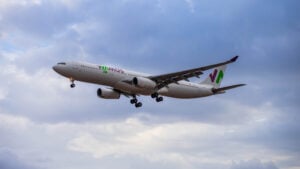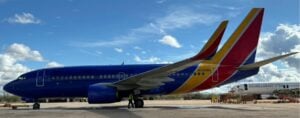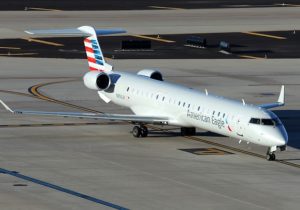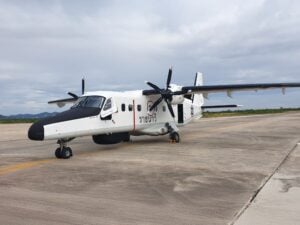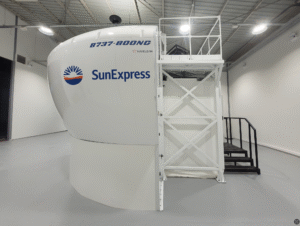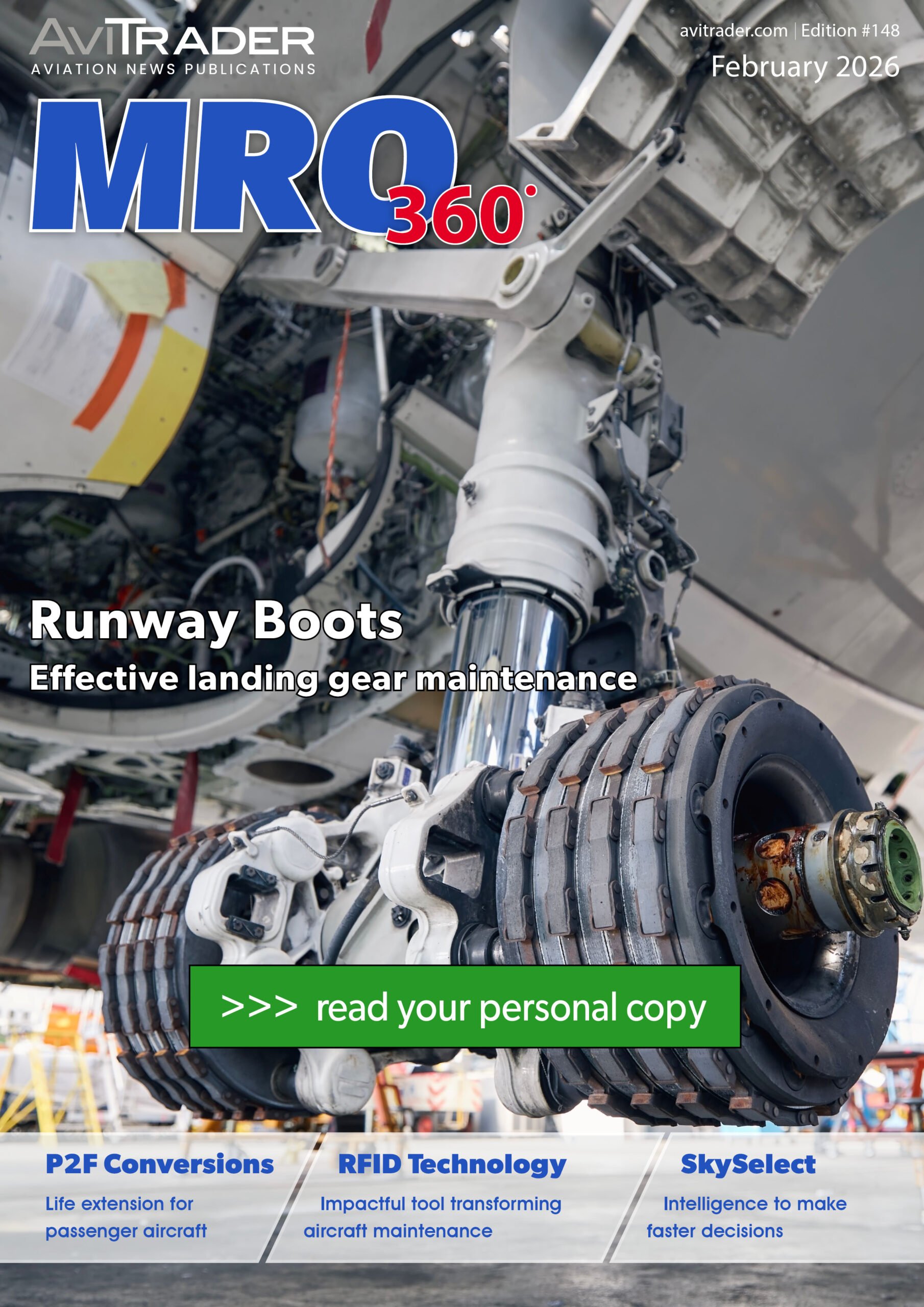Asia-Pacific’s aviation sector emerged as the global leader in baggage handling performance in 2024, recording the lowest mishandling rate worldwide at just 3.1 bags per 1,000 passengers. According to the newly released SITA Baggage IT Insights 2025, this figure, consistent with the region’s track record in recent years, highlights the benefits of sustained investment in automation, real-time tracking, and advanced baggage management systems, even as airports and airlines contend with growing operational complexity and rising passenger volumes.
Globally, the aviation industry also saw progress. Although global passenger traffic rose by 8.2% in 2024, the overall mishandling rate fell to 6.3 bags per 1,000 passengers, down from 6.9 in 2023 and a 67% improvement on 2007 levels. The total number of mishandled bags increased slightly to 36.2 million, but more than 61% were resolved within 48 hours via SITA’s WorldTracer® system, reflecting stronger response capabilities. Of these, 16% were reunited with passengers within 12 hours, 38% within 24 hours, and 46% within 48 hours.
However, the financial impact remains considerable, with baggage mishandling estimated to have cost the industry US$5 billion in 2024. This includes expenses related to claims processing, courier services and customer support. With passenger expectations continuing to rise, the urgency for real-time, automated, and data-driven systems is clear.
Airlines and airports are embracing this shift. In 2024, 42% of passengers received real-time baggage updates, and nearly half reported that mobile tracking would increase their confidence when checking in luggage. Digital ID tags are gaining traction, with 38% of passengers expressing interest in their adoption. Two-thirds of airlines now offer automated bag drop services, and an additional 16% plan to implement them by 2027. On the airport side, 65% expect to introduce biometric self-service bag drop solutions by the same year.
A notable innovation in 2024 was the integration of Apple’s Share Item Location feature with SITA’s WorldTracer®, enabling passengers to share AirTag location data with airlines. This supports faster resolution and feeds into SITA’s Auto Reflight system, which automatically reassigns bags to flights, diagnoses mishandling causes and begins resolution without manual intervention. British Airways, Lufthansa, Qantas, Cathay Pacific, and Virgin Atlantic are among the adopters.
Delayed baggage remained the most common issue, making up 74% of mishandling cases. Lost or stolen baggage accounted for 8%, while damage and pilferage rose to 18%. Transfer-related issues were the leading cause, responsible for 41% of mishandling, although this marks an improvement from 46% in the previous year. Tagging and ticketing problems increased slightly to 17%, loading failures held steady at 16%, and operational disruptions such as weather or customs delays rose to 10%.
In response to these challenges, the industry adopted the Modern Baggage Messaging (MBM) Version 2 standard in 2025, which is projected to reduce mishandling by a further 5%. This builds upon IATA Resolution 753, which mandates baggage tracking at four key touchpoints. The focus now is shifting from simply reporting issues to predicting and preventing them through shared data and analytics.
Airports such as Red Sea International in Saudi Arabia are already deploying next-generation baggage systems like off-airport check-in and comprehensive real-time tracking via SITA Bag Journey, setting a new benchmark for the industry.
As Nicole Hogg, Director of Baggage at SITA, notes: “We’re making progress, but baggage still causes stress. Passengers want reassurance. The future of baggage is rapidly evolving with automation, computer vision, and mobile tools, we’re making the experience much more reliable.”
The findings are drawn from the SITA Baggage IT Insights 2025 report, based on data from 280 airlines and IATA traffic statistics, using a weighted system applied to WorldTracer® data to produce accurate mishandling rates.







